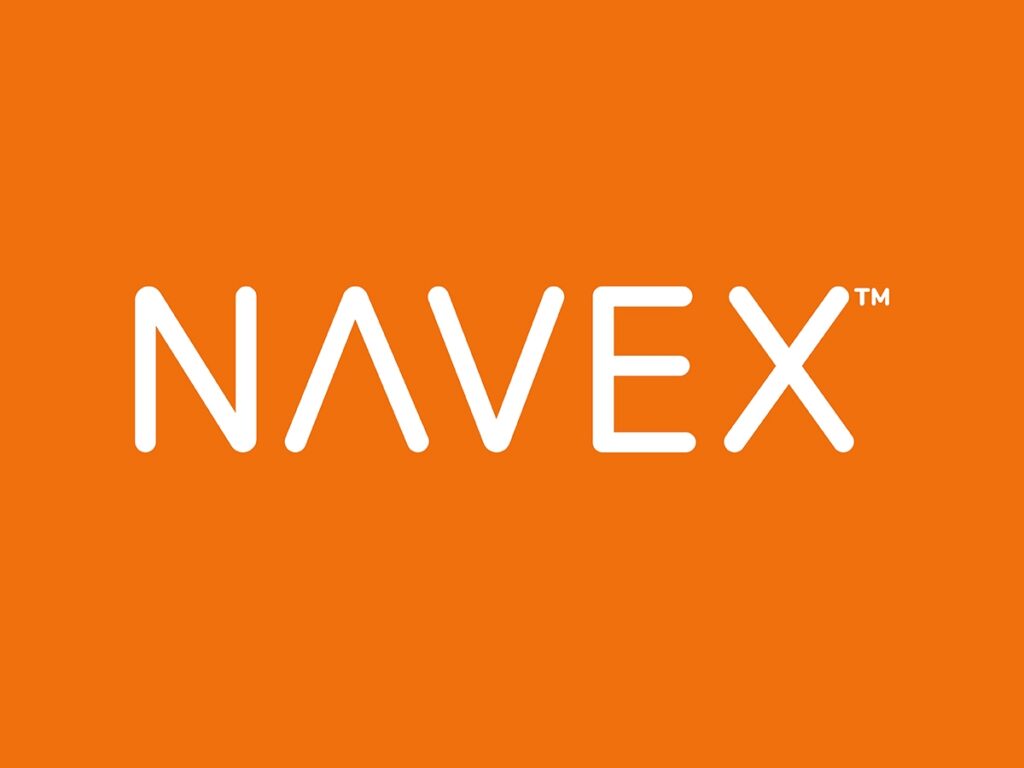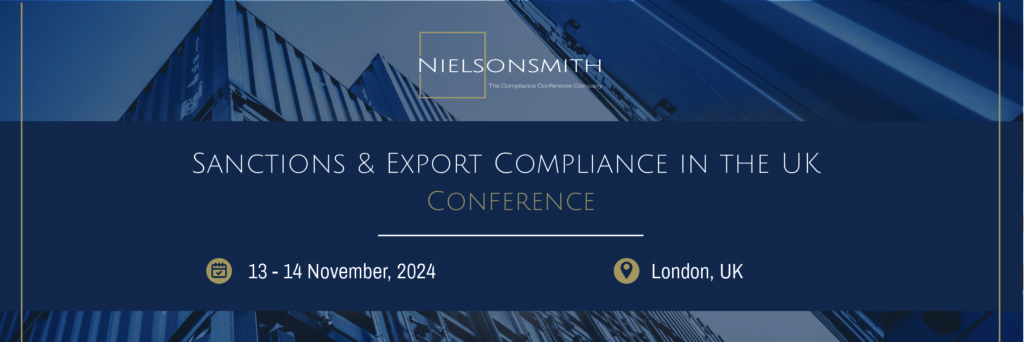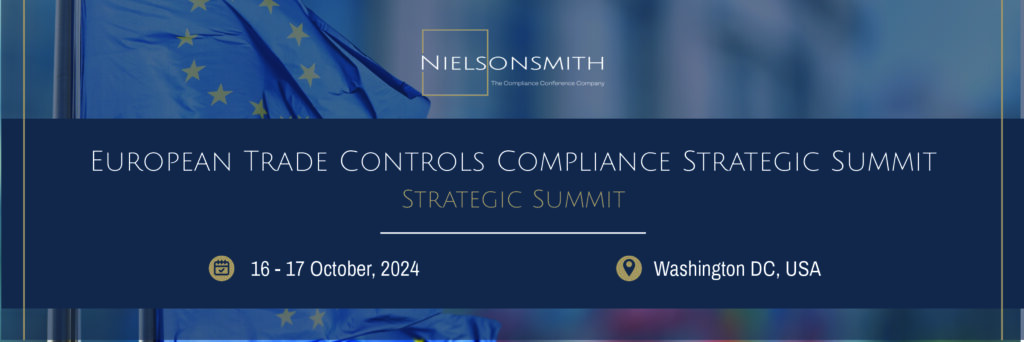Germany’s Supply Chain Due Diligence Act (also known as LkSG in German) entered into force on January 1 this year, impacting companies with at least 3,000 employees. This threshold will change to companies with more than 1,000 employees on January 1, 2024, but it is already creating legal and reputational woes for companies not in compliance. The law imposes extensive due diligence obligations on companies with central administration, principal place of business, administrative headquarters, statutory seat, or branch office in Germany. It aims to identify, prevent, or address human rights or environmental violations in global supply chains.
There is a growing international emphasis on accountability and sustainability. The Act broadly defines the “supply chain” to encompass all steps required in producing a company’s products and providing its services – from extraction of raw materials to delivery to the end customers. LkSG protects human rights areas including child labour, forced labour, slavery, torture, discrimination, wage withholding, and occupational health and safety violations. Protected environmental harms include the use of mercury and the handling of certain types of hazardous waste.

NAVEX has several resources for companies seeking guidance on meeting the LkSG’s due diligence obligations, a good starting point for Chief Compliance Officers looking to create a more sustainable and ethical supply chain.
7 Requirements of the German Supply Chain Due Diligence Act:
At the heart of the regulation are the due diligence obligations it places upon companies.
1. Risk analysis must be carried out at least once a year, and on an ad hoc basis
Section 5 of the LkSG requires companies to conduct an “appropriate risk analysis” to identify human rights or environment-related risks in its own business and at its direct suppliers. The law directs that such risks be “appropriately” weighted and prioritised. Risk analysis must be carried out at least once a year, as well as on an ad hoc basis upon any significant change in the supply chain – such as the “introduction of new products, projects, or a new business field.
2. Set-up grievance mechanisms
Section 8 outlines that companies must have a complaint mechanism in place for reporting human rights or environmental violations. It states that an external grievance procedure is allowed, provided the service provider can guarantee impartiality; accessibility and implementation of the complaints procedure is publicly available; the identity of those who report violations remains confidential; and effective protections are ensured against “disadvantage or punishment as a result of a complaint.”
3. Public reporting and documentation on activities and remedies (min 7 years retention)
Section 10 states that companies must annually submit a report to Germany’s Federal Office of Economic Affairs and Export Control (BAFA) on the fulfilment of their due diligence obligations, no later than four months after the end of the fiscal year. To comply with this obligation, companies must “completely and truthfully” answer an extensive questionnaire, which contains open and closed questions and multiple-choice options. Additionally, the report must be published on the company’s website for a period of seven years.

4. Required risk management is based on the principle of proportionality
Section 4 of the German Supply Chain Due Diligence Act requires companies to establish an “appropriate and effective risk management system” to identify, prevent, mitigate, and eliminate human rights or environment-related risks and violations. It also outlines the need to appoint a Human Rights Officer, or equivalent role, to monitor risk management.
5. Issuance of a policy statement on its human rights strategy
Section 6, in part, requires companies to issue a policy statement on its human rights strategy. This includes defining human rights-related and environmental- related expectations placed upon employees and suppliers. They must adopt appropriate preventive measures, like the “development and implementation of appropriate procurement strategies and purchasing practices that prevent or minimise identified risks,” the “delivery of training in the relevant business areas,” and “risk-based control measures to verify compliance with the human rights strategy.”
6. Remedial action
Section 7 states, if the company discovers a violation, it must “without undue delay take appropriate remedial action to prevent, end, or to minimise the extent of the violation.” Termination of a business relationship may be required in certain circumstances, as outlined in the law.
7. Due diligence for indirect suppliers
Section 9 of the LkSG requires that parties are able to use the complaints procedure to report violations related to the actions of an indirect supplier. This means that the company must carry out risk analysis and preventative measures on an indirect supplier if it has “substantiated knowledge” of a human rights or environmental- related violation.

Penalties
Failure to comply with the due diligence obligations could result in steep administrative fines. Businesses that become aware of violations and take no remedial action face a financial penalty of up to €50,000 and administrative fines of up to €8 million, or 2% of their average annual revenue if it is more than €400 million. Exclusion from the award of public procurement contracts for up to three years is also possible.
Legal and reputational damage can result as well. On April 18, 2023, the National Garment Workers Federation (NGWF), in collaboration with ECCHR and FEMNET, filed the first- ever legal complaint with BAFA against the garment industry for violations of the LkSG. The complaint cited a continued lack of safety inspections and labour rights violations in Bangladesh clothing factories, a decade after the collapse of the Rana Plaza textile factory that killed more than 1,100 people.

An ethical roadmap
Chief Ethics and Compliance Officers, Chief Risk Officers, and senior management teams should not be misguided or disheartened by regulatory obligations. As companies can deploy smart software to make staying compliant, avoiding fines, and protecting humans and the environment easier than ever before.
Furthermore, the LkSG’s due diligence obligations should be viewed holistically in conjunction with the human rights laws of other jurisdictions – such as France’s Duty of Vigilance Law, the United Kingdom’s Modern Slavery Act, and California’s Transparency in Supply Chains Act in the United States.
ARTICLE BY:
FLORIAN HAARHAUS
International General Manager at NAVEX

As International General Manager, Haarhaus is responsible for leading NAVEX’s international business, spearheading strategic initiatives to extend NAVEX solutions across high growth markets. Prior to joining NAVEX, Haarhaus was the General Manager and Vice President, Sales EMEA at Nintex – a Seattle-based process automation leader – where he directly oversaw all go-to-market activity across Europe, the Middle East and Africa. Haarhaus has 30 years of international experience in the software and SaaS industry, having built and run teams across Europe, the Middle East and Asia for companies like Oracle, Lotus-IBM, Salesforce, Box and most recently Nintex. His key areas of focus include setting international go-to-market strategies, M&A integrations, international expansion and developing partner ecosystems.
Related Events:

Customs Compliance in Europe Conference
7-8 November, 2023
Düsseldorf, Germany

Sanctions & Export Compliance in the UK Conference
1-2 November, 2023
London, UK

European Trade Controls Compliance Strategic Summit
18-19 October, 2023
Washington DC, USA
